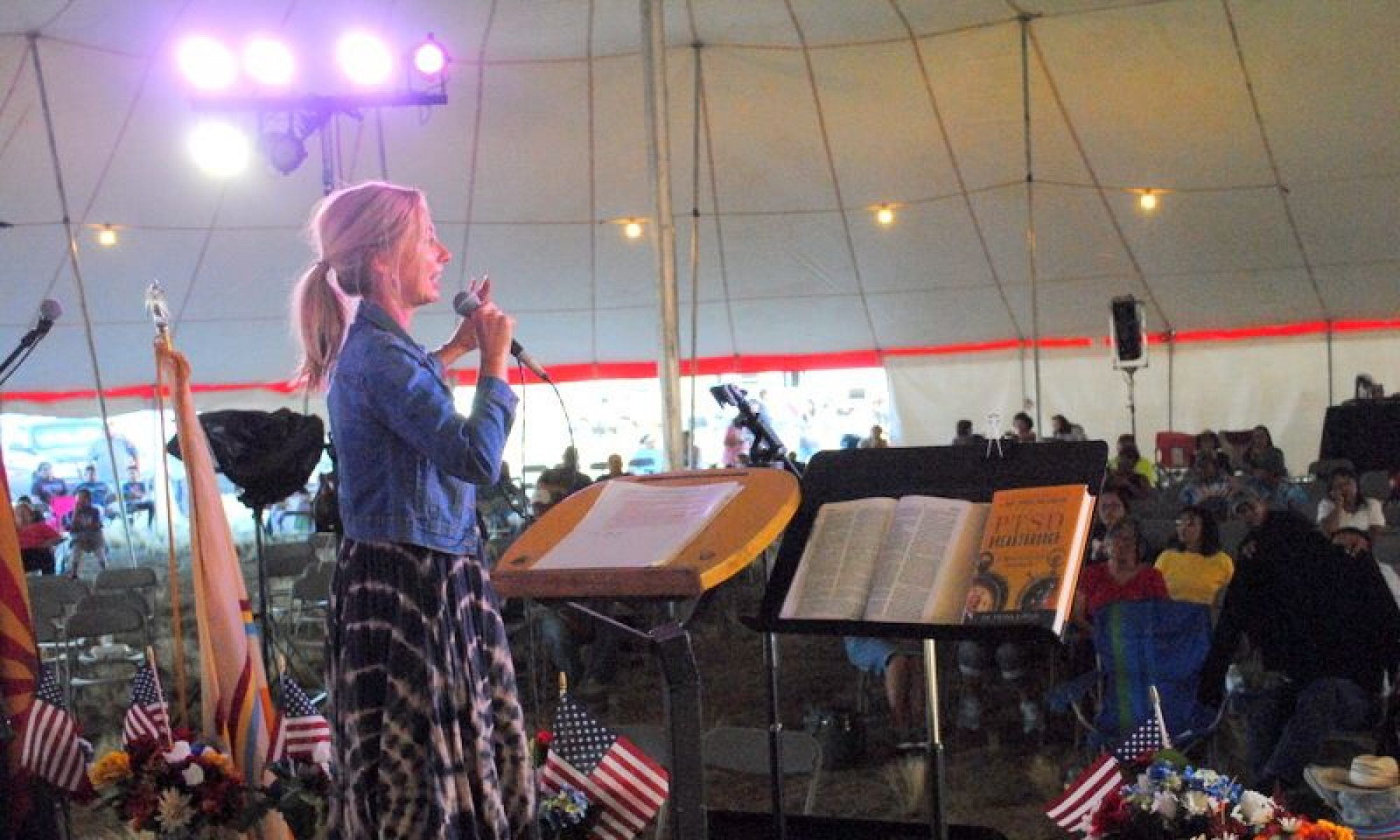Following the passing of Queen Elisabeth II we have witnessed the transition to a new monarch, King Charles III. On the death of his mother, Charles automatically became king but a specific historic ceremony confirmed and proclaimed him as the new king.
Historic ceremonial process
It is fascinating to witness the accession process, the first time for the majority of us. It is a historic ceremony dating back centuries where members of the special privy council follow the specified protocol involving certain wording, a fanfare of trumpets, gun salutes, the singing of the national anthem, giving ‘three cheers’ and shouts of ‘long live the King!’
The Old Testament is full of examples of different men being anointed and proclaimed as king. The book of 1 Kings tells the story of fourteen ‘kings of the Jews’ framed by arguably the best of the lot, King Solomon, and also the worst, King Ahab. There are also accounts of treacherous attempts to gain the crown. For example, Adonijah proclaiming himself as King David’s successor, before Solomon is placed on the king’s mule and declared to be the new king in the presence of Zadok the priest and Nathan the prophet (1 Kings 1).
Self-proclamation
The New Testament begins with the proclamation of another king, this time announced by angels to a group of shepherds (Luke 2:8-14). Later, Jesus declares his own kingship by riding into Jerusalem on a young donkey as the anointed King. Rather than riding as a conquering king on a stallion, Jesus signifies his peaceful intentions by choosing a young donkey (fulfilling a 600 year old prophecy given by the prophet Zechariah).
As crowds of people gathered in London for the proclamation of King Charles, thousands had gathered in Jerusalem for the Passover feast. According to the notable Jewish historian, Josephus, more than two million people would have been present. As a sign of respect, people placed their cloaks on the ground as Jesus went past. Palm tree branches were waved as a symbol of triumph and victory. The people cried out ‘Hosanna’ (meaning save now) as they thought they were about to see Jesus liberate them from their Roman oppressors. But this was not the way it was going to be. They had lost sight of the Old Testament portrait of a Servant and Suffering King.
King over all nations & sickness
After entering the city, Jesus goes into the temple and cleanses it by driving out those using it for business. He declares himself as the king for all peoples by announcing that the temple was to be a house for all nations (Isaiah 56:6-8, Matthew 21:12-13). He then proceeds to heal the blind and lame, signifying his kingship over sickness and disease (Matthew 21:14).
So many wonderful things are now happening in the temple – healings, deliverances, the excitement of the crowd over all that they were witnessing – that even the children start declaring that the King had arrived! This made the religious leaders mad. They asked Jesus if he could hear what the children were saying about him. Jesus replied, Yes! And then quoted from a psalm which refers to children praising God (Matthew 21:15-16, Psalm 8:2).
Disturbing kingdom message
News of the King and his kingdom will always disturb a lot of people. Many just don’t like it. King Herod got uncomfortable when he heard another king had been born into an existing political order. Pontius Pilate consented to have Jesus crucified based on his claim that he was a King. The apostle Paul and his companions got into trouble when they started sharing a message in Corinth that there was another king, Jesus, and another kingdom to the existing Roman empire (Acts 17:6-7). Wherever the apostles went with this message, they caused fear within the existing political order. They talked about an unshakeable kingdom. One that would never end with a dominion that endures throughout all generations (Psalm 145:13). A kingdom that rules over all (Psalm 103:19).
As God’s people, we are commissioned with the same message. Heralds bringing a message from the throne. Representatives of the King of all other kings. As King Charles was proclaimed to be the new king of the United Kingdom and Northern Ireland, the wording said, “…beseeching God, by whom kings and queens do reign, to bless His Majesty with long and happy years to reign over us. God save the King.” Notice, it is only under the Most High God that earthly kings and queens exercise their sovereignty. They should rule with the wisdom and strength that comes from above.
God becomes King on earth
Proclaiming Jesus as King is the essential message of the gospel. The good news is that Jesus has come to set captives free, heal the sick, comfort the brokenhearted, overcome injustice and the powers of darkness, and reconcile humanity back to God and with each other. The good news is that God has taken charge of the world in and through Jesus and his death and resurrection. He is here to reign over the whole of creation. God’s plan to put the world right has finally been launched.
Message of allegiance
But, the new world order that his kingdom represents is not welcome to many. Some don’t want to submit to Jesus as King. Some want to be their own king. They don’t want to live in accordance with the will and intentions of the King (‘[his] kingdom come, [his] will be done on earth as it is in heaven’ – Matthew 6:10).
Worship is a political act. Declaring Jesus as the King of the world is a challenging confrontation to all other claims of kingship, be they political rulers, materialism, or ideologies. It is a disturbing message of allegiance, to confess Jesus as Lord and King. But it is the message that we are called to proclaim.
“How wonderful it is to see a messenger coming across the mountains, bringing good news, the news of peace! He announces victory and says to Zion, “Your God is king!”” (Isaiah 52:7, GNB)
(Photo by Markus Spiske, Unsplash)


